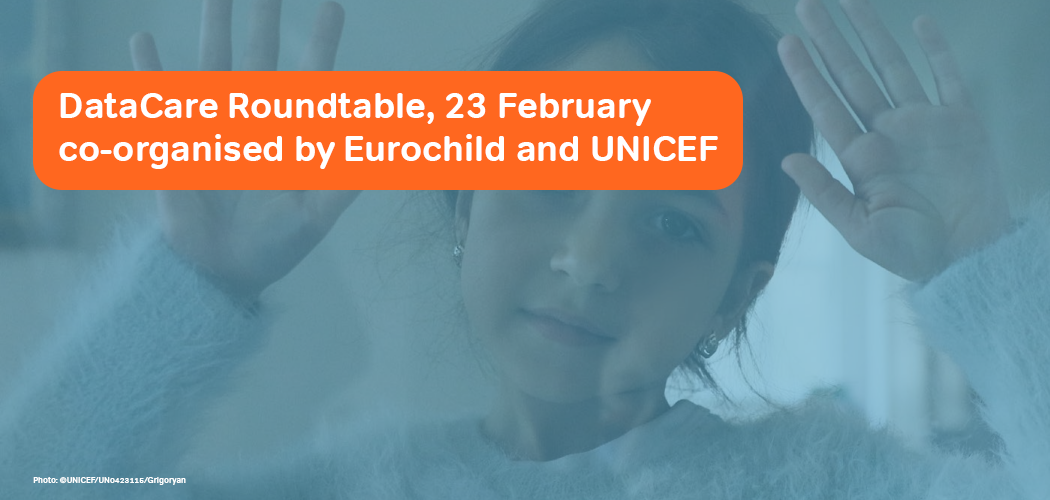Making the case for more and better public investment in children in Europe
Better data is needed to make sure allocated funding and the right interventions go where it is most needed.
Watch the video message from Eurochild President H.E. Marie-Louise Coleiro Preca for the conference "Growing Up In Digital Europe: evidence for child wellbeing policy-making across Europe".
This conference held in Florence on 23 October by GUIDE, UNICEF and COORDINATE, includes presentations from key policy makers, NGOs and scientists from across Europe in the fields of child wellbeing and data infrastructures. It focuses on child wellbeing and the importance of longitudinal data.
"We need to work together the European Union, national governments and civil society society organisations. Then we also need research for an evidence-based approach to ensure targeted policy development and then the practical implementation of whatever is needed. There is also the need for a triangular approach to participation whereby children, families and communities are necessary to be involved.
Comprehensive and comparable data is necessary at the country and European level to inform policy and public spending or rather public investment in children. We need to make the case for improved data focusing on children below the age of 18. Building on wellbeing comparisons and policy work in Europe, we need to strengthen nationally collected statistics with academic rigour and skill at contextualization, which in turn will lead to more informed policymaking." - said H.E. Marie-Louise Coleiro Preca.
The Eurochild President highlighted 4 main issues in her speech:
- The situation for children in the EU (the current worrying trends - growth of family homelessness, ever-rising figures related to children’s mental health, lack of suitable and quality options for early childhood education and care & for children in alternative care)
- How the EU can be an influencer of change at national level (for example with the EU funds, the Child Guarantee and other initiatives)
- What makes national governments act (civil society pressure, EU's support to civil soceity advocacy, good longitudinal data as key for contextualising statistical data available through Eurostat and national statistic authorities.)
- The need for a stronger (& more effectively applied) evidence base
Further information:





